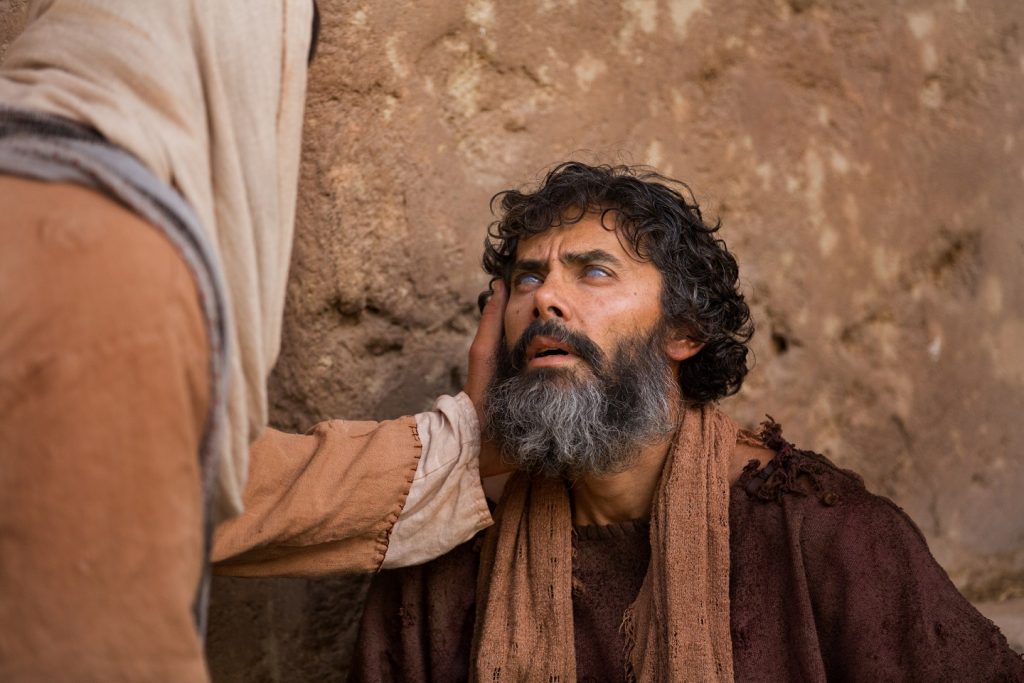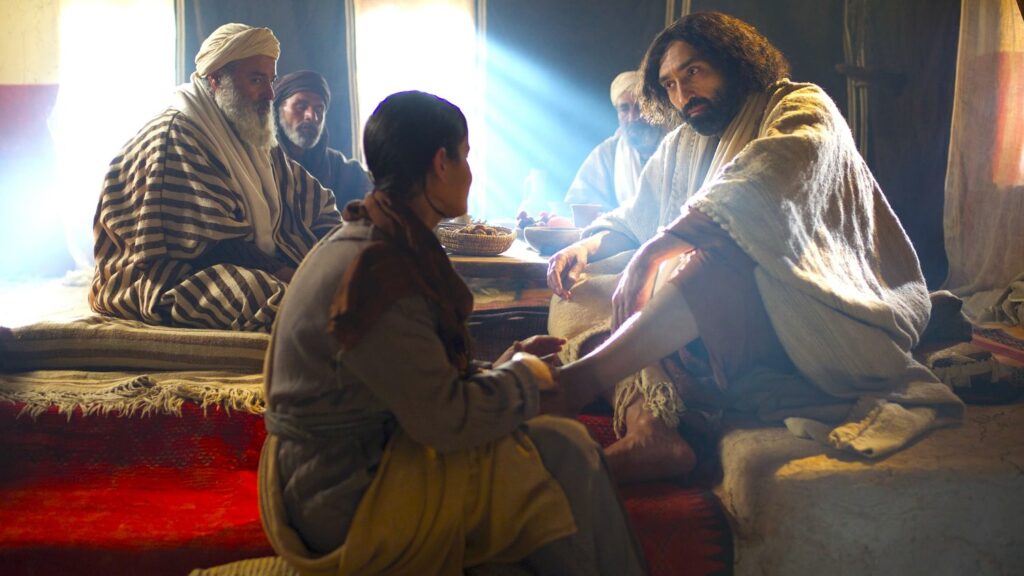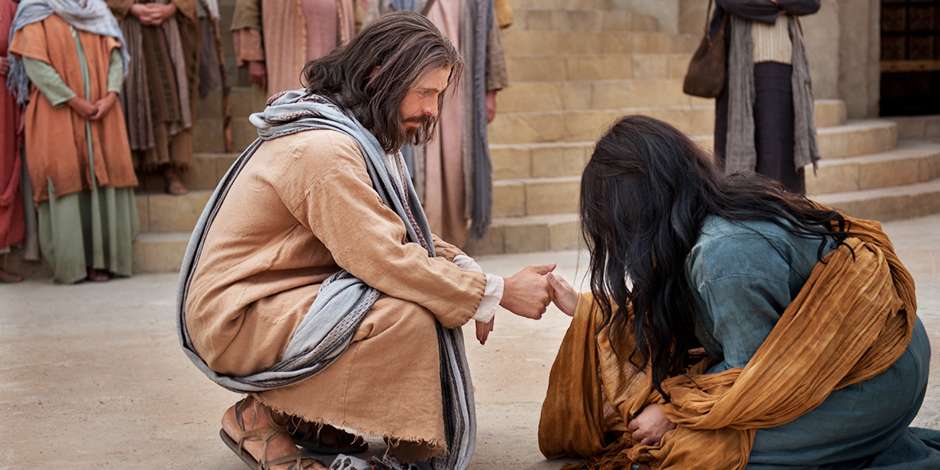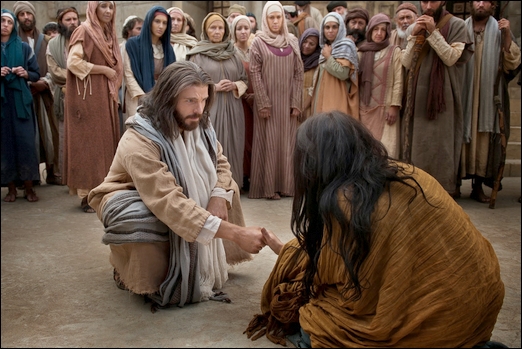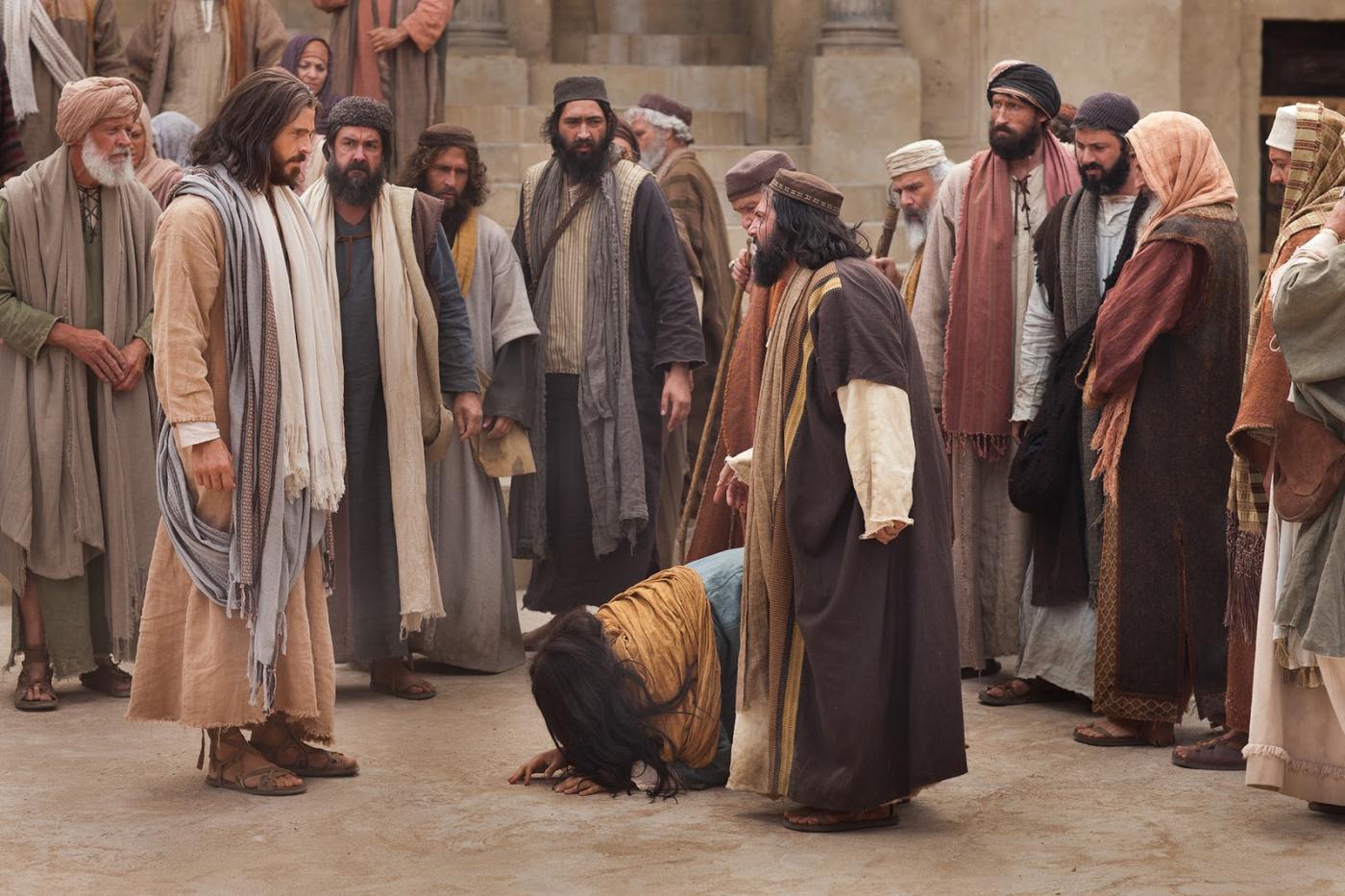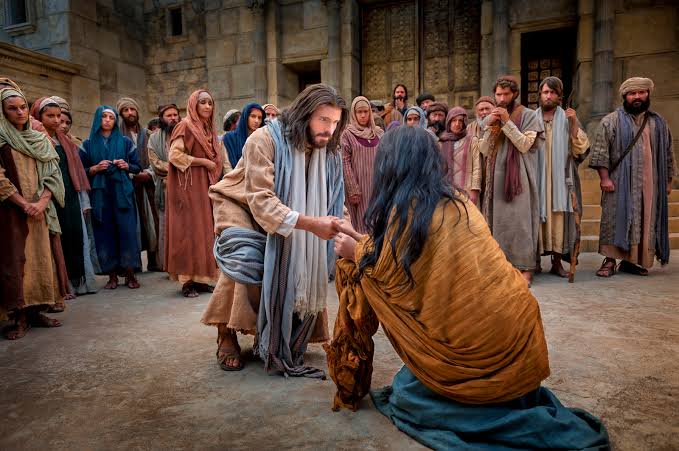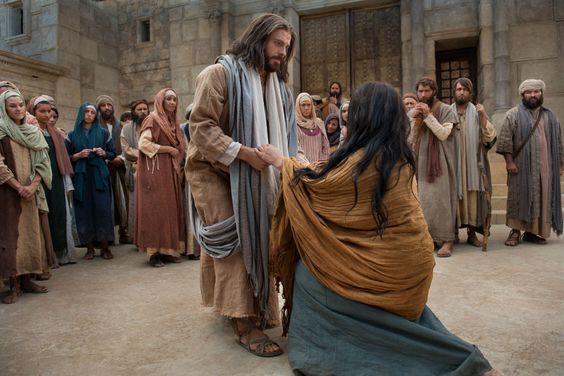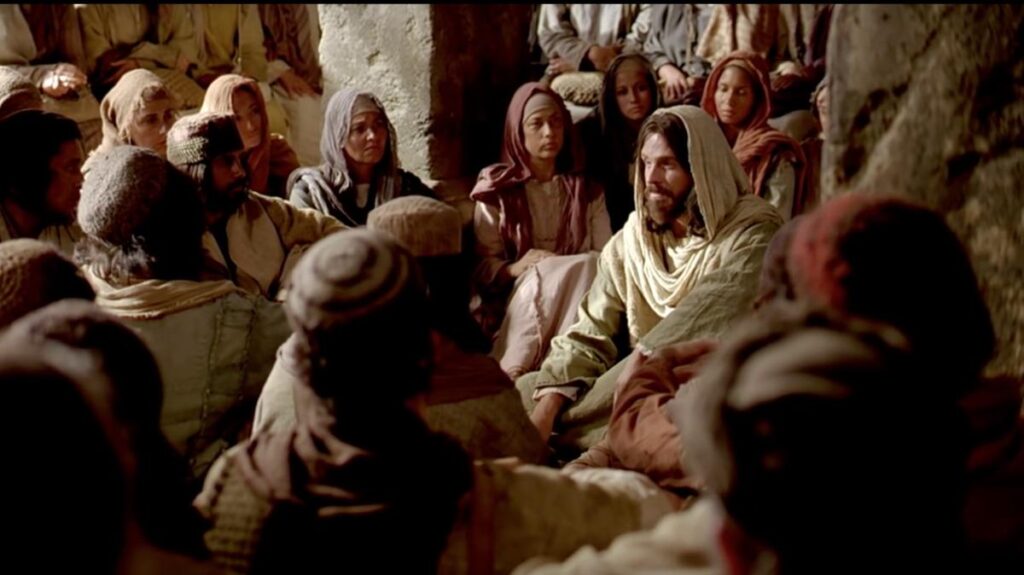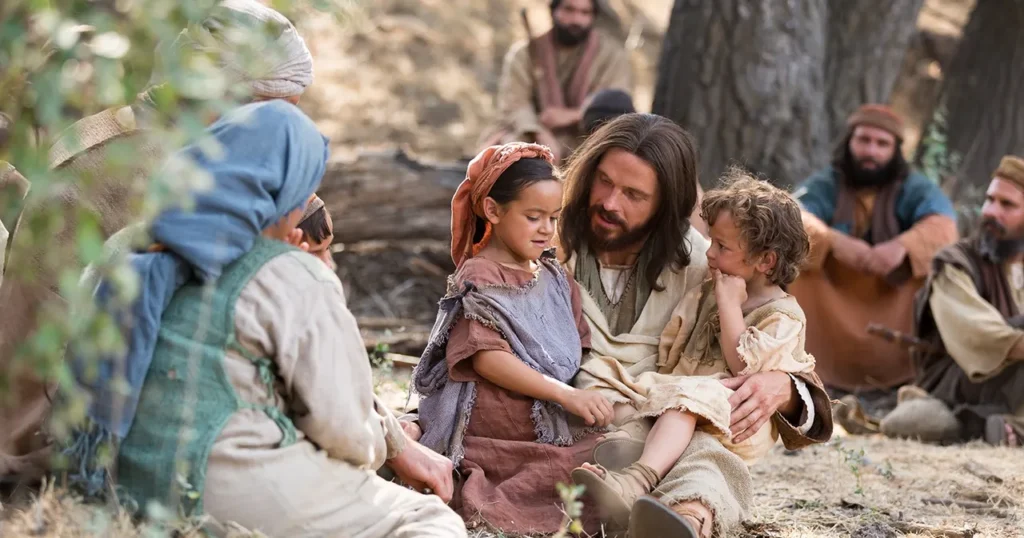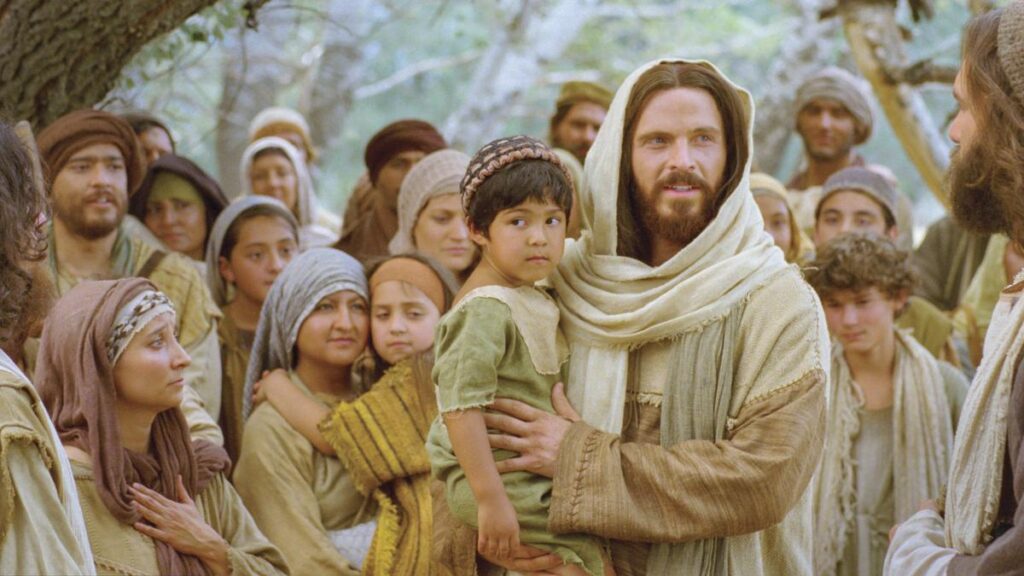In the movie, Cabrini, which I highly recommend, the heroic nun, Frances Cabrini, an Italian orphanage ministry leader wants to expand her ministry to other lands around the globe. But she has many obstacles in her path. The Catholic Church leaders are men who doubt Mother Cabrini’s abilities and disagree with her vision. As she sits with the pope, trying to convince him to ordain her proposed international ministry, he cites the condition of her health; she is a fragile, slight and a physically weak woman who has a terminal illness and has been given five years to live.

In response to the pope’s pointing out her health limitations, Mother Cabrini retorts, “We can serve our weakness or we can serve our purpose, not both.”
Mother Cabrini continued forward to fulfill her vision, never allowing her weakness to distract from her purpose.

The Apostle Paul was disappointed at the obstacle in his path. A messenger of Satan had been sent to limit his ministry. Paul cried out to God in three probably lengthy attempts. But God’s response wasn’t to remove the messenger or Paul’s obstacles. Rather, God’s response was that His grace would be sufficient for Paul in this challenge, that His strength was made perfect in human weakness. All Paul would need would be the unmerited favor of God. Like Cabrini, Paul’s weakness could not steal the attention his purpose needed.
I became extremely discouraged about two years after suffering a stroke. The losses I had taken seemed more than I could tolerate. The fingers on my left hand would not open. Worse, my music abilities were about ninety percent gone. (I was a music major, studied music one year at the graduate level, spent two years as a Christian songwriter, recording artist and concert musician, and had served in music ministry in various capacities for decades). Now almost all my abilities as a musician had left me.

The worst loss of all to me was the way I perceived my family treating me. They didn’t seem to hold me in the same position of respect they had in the past. Whereas I had been the patriarch the Tew Crew came to for counsel and always showed honor, I was now like a child that needed constant monitoring for instruction and correction. All this left me exasperated. It was too much for me.
At my lowest point, at the precipice of suicide, the Lord spoke to me these words: Gabriel, there’s only one loss you can’t afford.
As I continued to seek God for understanding, I understood that the only unaffordable loss is a Godly attitude. As long as my attitude was Godly, I could manage well with any loss, including the ones I had seen as intolerable.

Unlike Mother Cabrini and Apostle Paul, I allowed my weakness to gain the attention I needed to give to my purpose. But by the counsel of the Holy Spirit, I got on track, putting my losses in their proper place in my thinking and shifting my focus to the purpose to which God has called me. Now, I have a long list of goals I plan to spend my life trying to reach. These things are all about helping people to know and walk with God. My purpose.

I could still be frustrated every day – or dead from loss of hope. Paul could’ve given up, and our Bible, as well as Christian history, and the church, itself, would be far less than what they are. Frances Cabrini could’ve nursed her illness, rather than fulfill her purpose, and orphans wouldn’t have grown up to have families and produce descendants who populate our nation and world today.
Serving our purpose is far better than serving our weakness.












